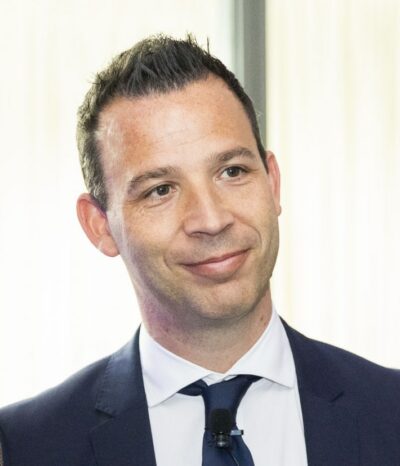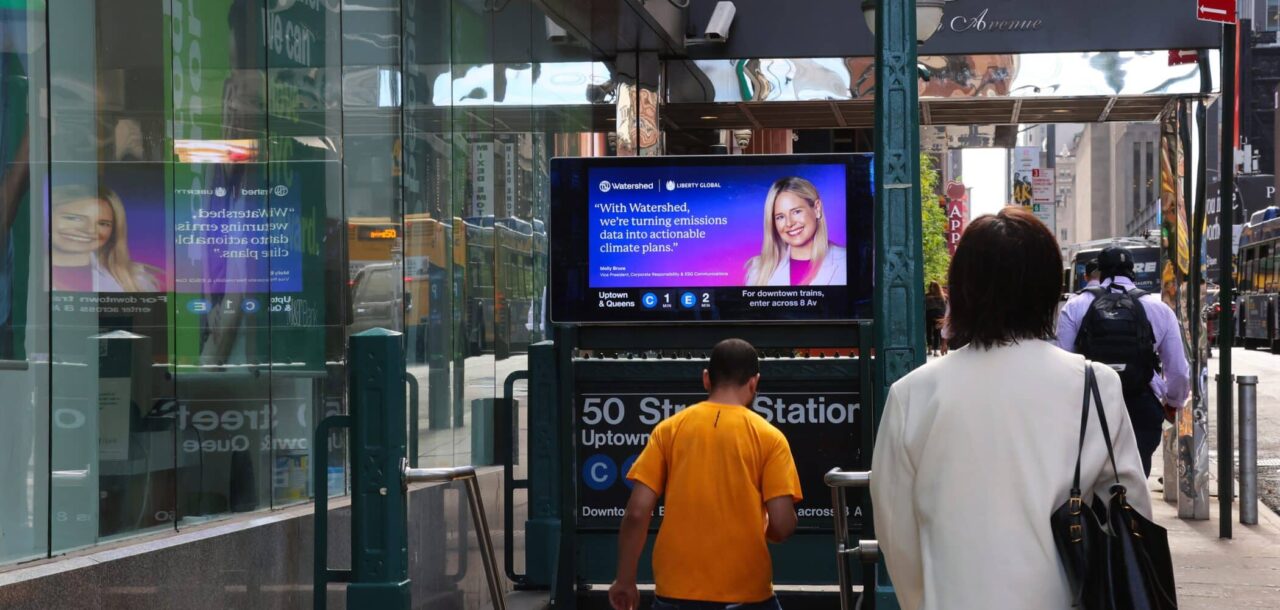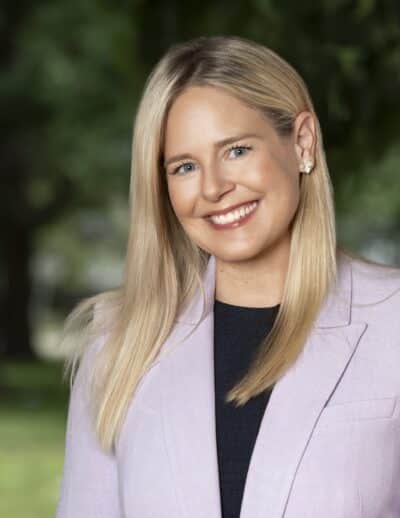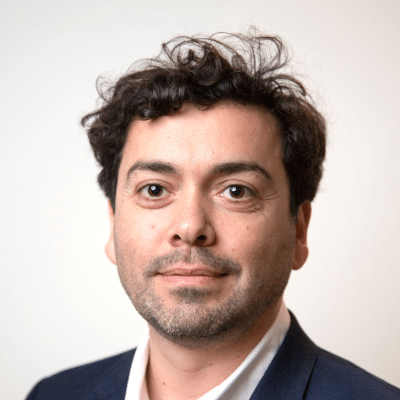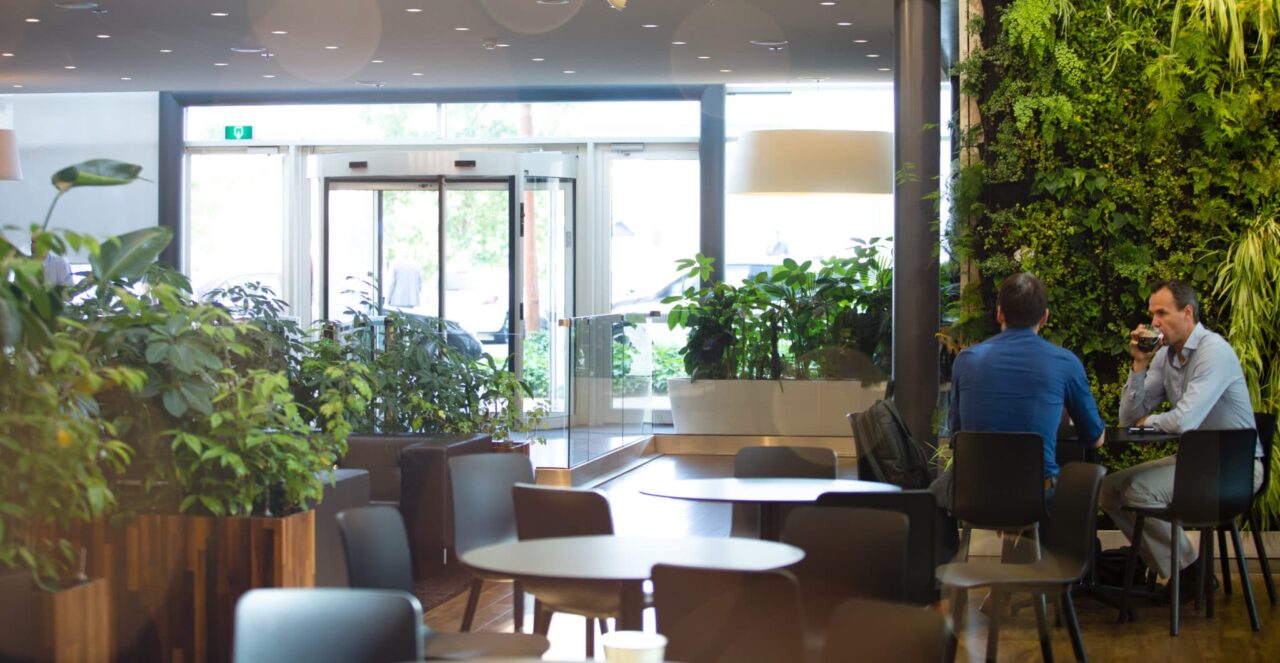Artificial intelligence is reshaping business at an unprecedented pace, transforming the way organisations are making decisions, structuring operations and engaging with their workforce and customers.
For leaders, one of the greatest challenges is striking the right balance between cutting-edge technologies and human talent.
Dr. David Feavearyear, Liberty Blume’s MD of Procurement Solutions, has been exploring this critical intersection in his new book, Organisational Decision-Making in the Age of AI.
Written with senior executives and strategists in mind, the book provides a practical framework for navigating strategic choices in a rapidly-evolving digital landscape. Drawing on real-world case studies and his own expertise, David cuts through the hype to show how leaders can align people and machines for lasting impact.
In a Q&A with Liberty Global, he shares insights from his book, reflects on the role of human creativity in an AI-powered workplace, and explains why he is donating all royalties from the book to Alzheimer’s Research UK — with Liberty Blume proudly matching every contribution.
Liberty Global: Let’s start from the beginning. What inspired you to write Organisational Decision-Making in the Age of AI?
DF: When I started my doctorate I was on the finance leadership team at Pearson, the world’s largest education company, and had become fascinated by the impact that technology would have on the future of education.
More specifically, I was interested in what skills people would need to remain relevant in a world where AI was becoming increasingly prevalent. My research pre-dated GenAI – but the future trend seemed pretty clear – more machines, and arguably less human talent.
Equally, it seemed clear to me that human talent would continue to differentiate organisational outcomes, and that striking a balance between technology and talent was going to become an existential question for leaders.
The more I read about human soft skills and the future of technology, the more convinced I became that leaders needed to look past the hype and make well informed decisions about where to deploy machines, and where to double down on human talent. It’s a complex and evolving question, but I felt there was an important gap that was worthy of exploring.
Decision-making is one of the most frequently recurring activities in any organisation. Good decisions create shareholder value, bad decisions destroy it. Some decisions can be made using data, and repeatable logic, others require judgment, experience, and influencing skills. Until now there has been no choice but to accept both the frailty and brilliance of human decision making. Technology, however, is changing that.
My thesis was 300 pages long and written for a largely academic audience. But having spoken to some incredible leaders over the balance of my research, and with GenAI exploding just as I completed my viva, I decided to write a book that was a little more accessible. Fundamentally, I wanted to help leaders to assess both talent and technology on their merits.
Liberty Global: In the book, you talk about exponential change. Can you expand on that? And how should leaders and decision-makers rewire the way they think to adapt?
DF: It’s almost impossible for people to really wrap their heads around exponential growth. The compound impact of doubling up, results in small numbers becoming enormous very quickly. Moore’s Law suggests that computing power will double every two years. Imagine everything that has happened in the last two years and double it, then double it again. What becomes clear is that whatever we imagine the future will look like, we are likely underestimating it.
Thinking linearly creates blind spots. We imagine a future based on what we see immediately in front of us. To really see around corners you have to creatively project the future. Leaders like Steve Jobs, for example, do this instinctively. They are able to creatively reimagine what the world will like. You don’t arrive at the iPod by looking at a Walkman, and you don’t arrive at Uber by looking at a taxi.
Perhaps even more importantly, to bring ideas to life, you need to influence others to support bold visions of the future and make them a reality. The ability to bring others on a journey, to inspire followership, and to doggedly face down challenges to make the impossible happen are uniquely human traits.
To my mind curiosity is key – for leaders and anyone interested in delivering meaningful impact. It’s easy to get bogged down in our day jobs – but creating the space to network, speak to others, read, and perhaps most importantly, experiment with technology, helps to imagine a future abstracted from what’s right in front of you. This, in itself, is a key skill that will help people to future-proof their careers.
We may think progress has been rapid, but wait until quantum computing, embodied AI, and Artificial General Intelligence arrive.
Liberty Global: We know AI is going to revolutionise entire industries and professions. How do you see the role of human talent evolving in AI-powered organisations? How does the everyday employee stay ahead of the curve in the face of AI? How do leaders and organisations utilise the best of both worlds with technology and human talent?
DF: Technology disrupts at a task level, rather than eliminating entire industries and professions. So the key to remaining relevant in the brave new world is thinking about how we add really value – individually, functionally, and at a business level – and the skills, particularly the soft skills, required to be successful.
There is a lot of fear surrounding what AI might mean for our futures, but I think people should face into that future with confidence by constantly upskilling and reskilling. AI will be a threat to those who bury their head in the sand, but a way of turbo-charging productivity and impact for those that embrace it.
For the foreseeable future, people will still buy from people. Organisations will still need inspirational leaders who can influence others to greater heights, and creatively project the future. My advice is to double down on those skills and traits that make us uniquely human, and embrace technology to deal with volume and scale.
Liberty Global: How are the leadership team integrating AI into Liberty Blume’s workforce, products and solutions? Where have you seen great progress – and what opportunities lie ahead?
DF: Technology is at the heart of everything we are building at Liberty Blume. Whether its embedding AI in our accounts payable solution, Arrow, or using agentic AI to enable procurement through our partners at Oro, Sirion, and Fairmarkit, we are reimagining global business services. Our customers are increasingly looking to us to provide transformational outsourcing. In other words, to help them to see around corners, and future-proof their businesses by balancing people, process, and technology.
Our solutions fundamentally help our customers do more with less, leaving them to free up cashflow and operating costs to reinvest in their business. We talk a lot about giving our customers the freedom to grow, which is all about providing back and middle office services that enable the businesses we serve to focus on what really differentiates them.
We are building on 20 years of heritage, have a supportive parent in Liberty Global, and the agility of a start-up. Every day we are helping our customers to strike the balance between technology and talent – using both in a considered manner to add value. We couldn’t be more excited about the future.
Liberty Global: Why did you choose to donate all royalties to Alzheimer’s Research UK?
DF: Given that multiple people contributed to the research that resulted in my book, I felt it was only right to donate the proceeds to a worthy cause. Alzheimer’s research is important to me personally having watched the impact that it has had on people I care about. It’s a terrible affliction, but topically, AI might well help us find solutions to it.
It’s great to work at a company that supports social causes, and who were delighted to match the contribution. Couldn’t be prouder to work for Liberty Blume.
Liberty Global: What’s the single most important takeaway you’d like senior leaders to remember?
DF: In a world where effective use of technology is increasingly table stakes, human talent will differentiate organisational outcomes. Leaders need to be considered about where to deploy each to greatest effect. Technology may enable – but outstanding talent will always have its place.




